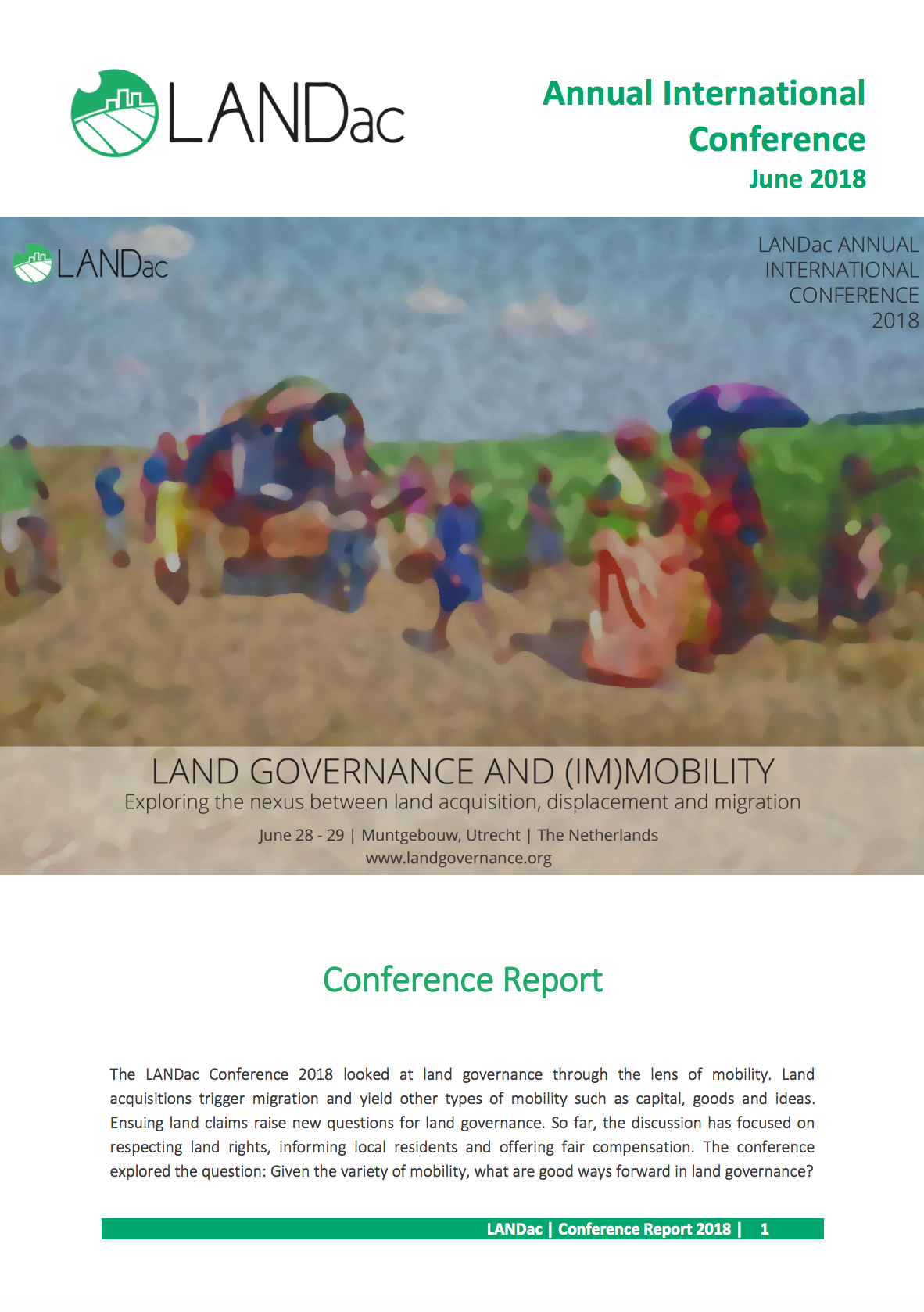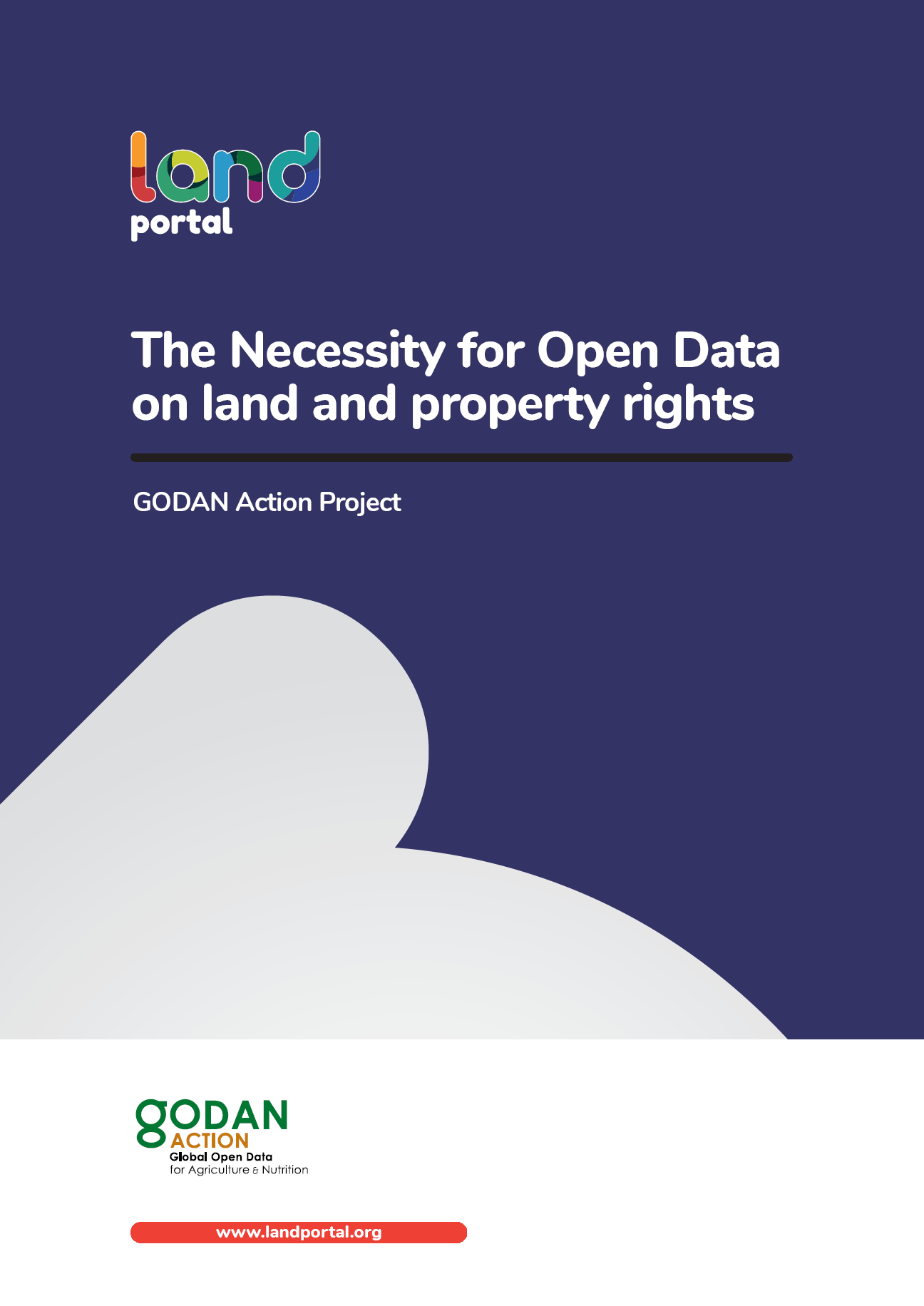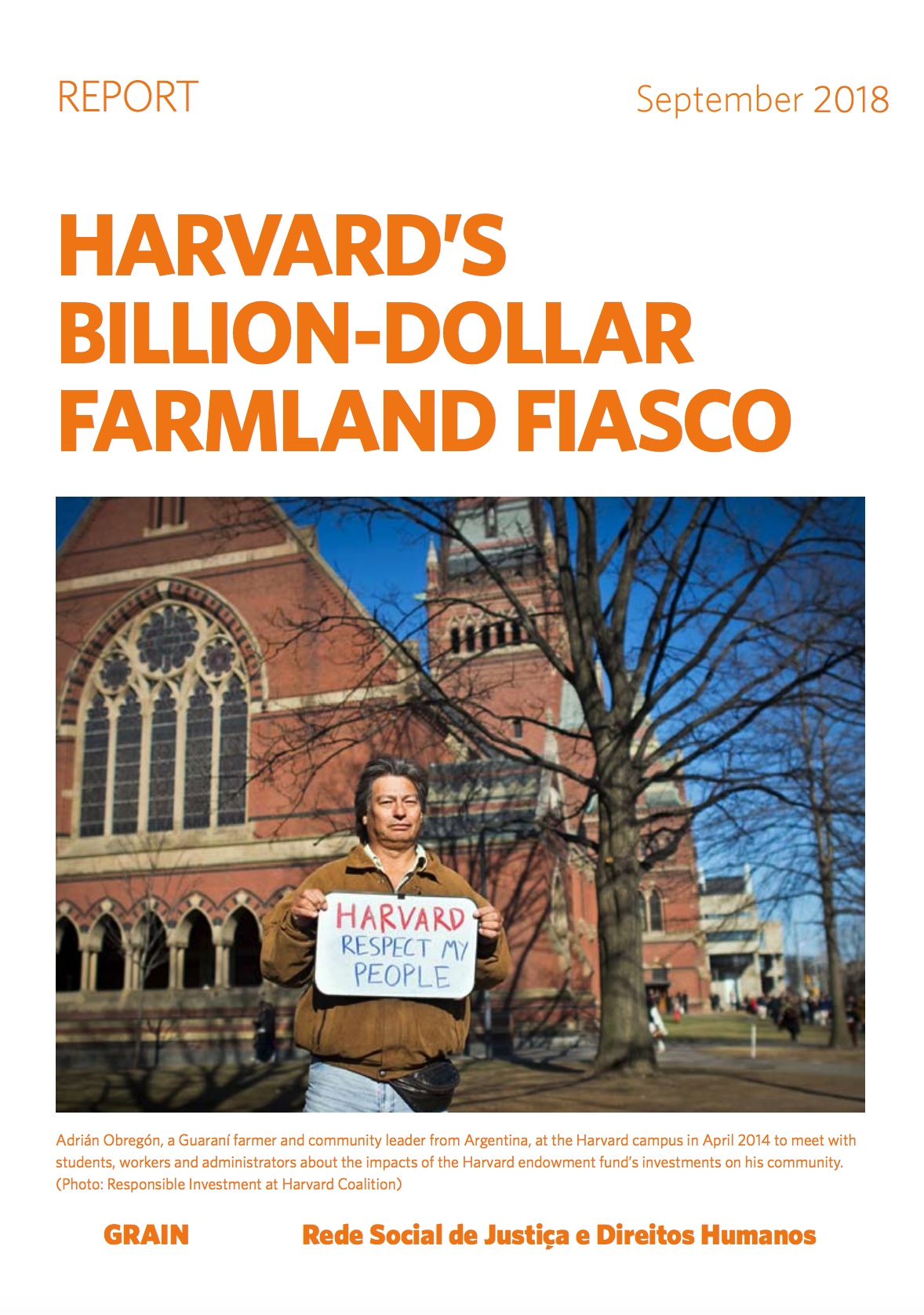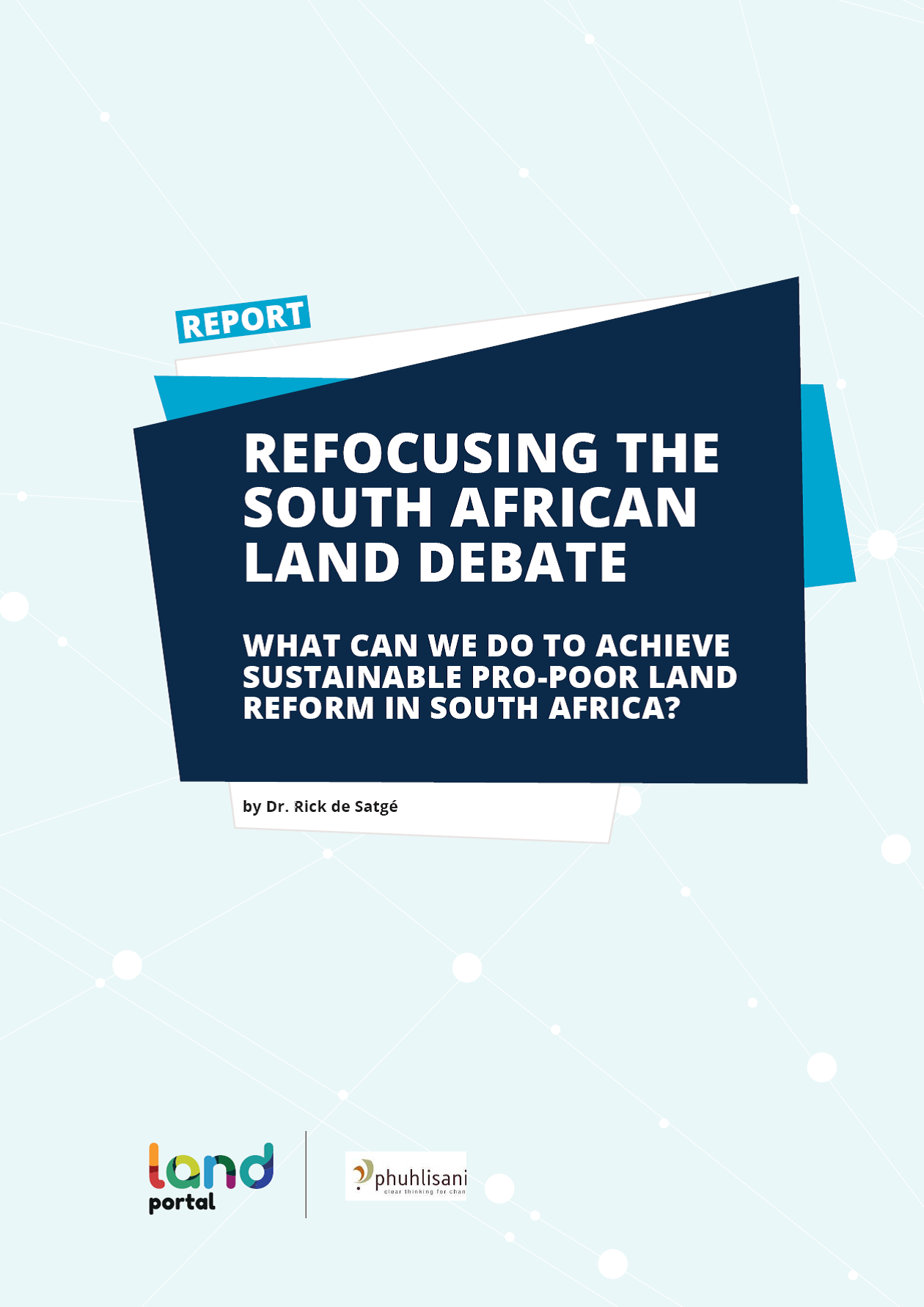Large-Scale Land Acquisitions, Displacement and Resettlement in Zambia
Includes key issues; the rise of development-induced displacements; key findings on the resettlement process; evaluating the proposed National Resettlement Policy; recommendations. Brief argues reforms need to be cognisant of the ways and means in which communities have been displaced and resettled in recent cases of land-based investments, and learn lessons from them.








